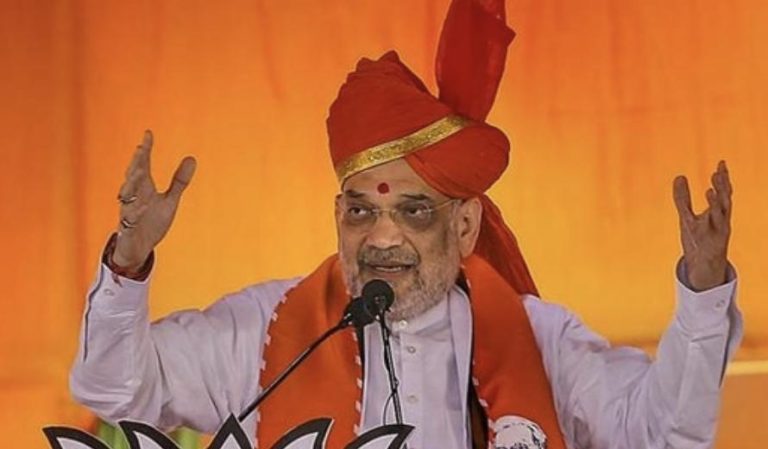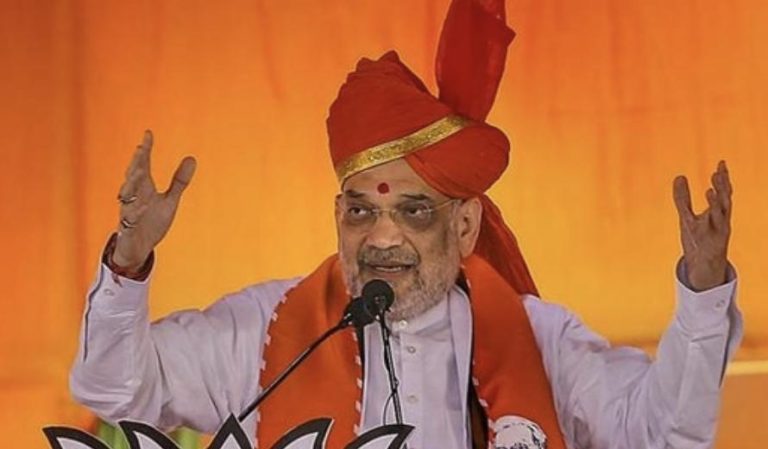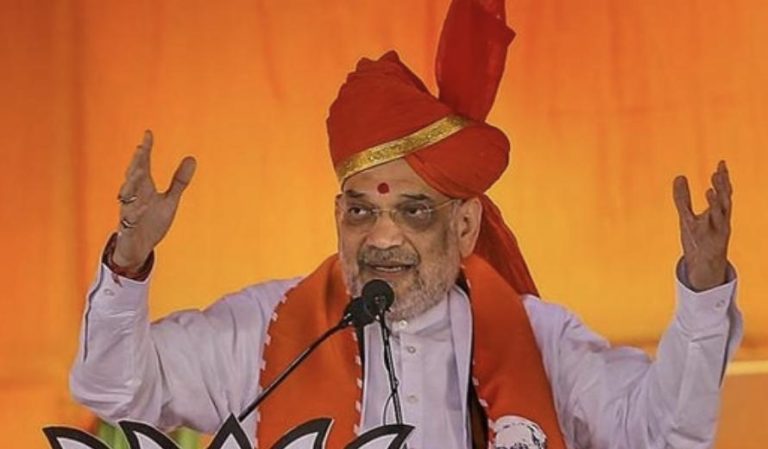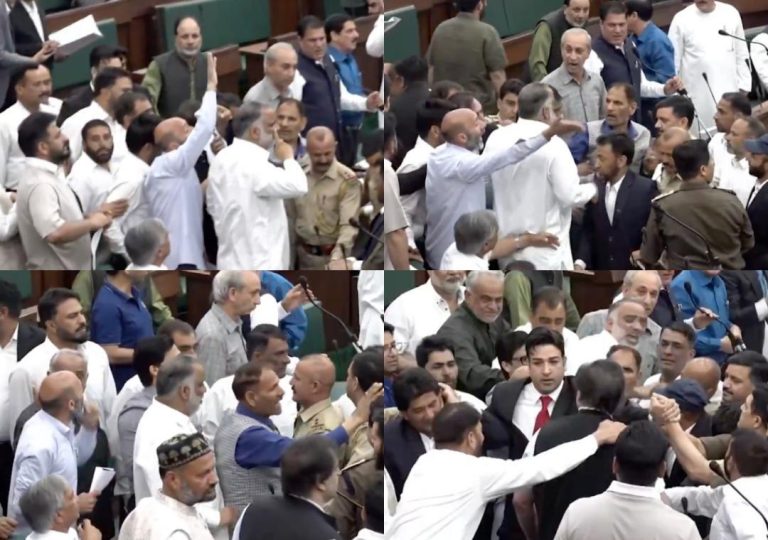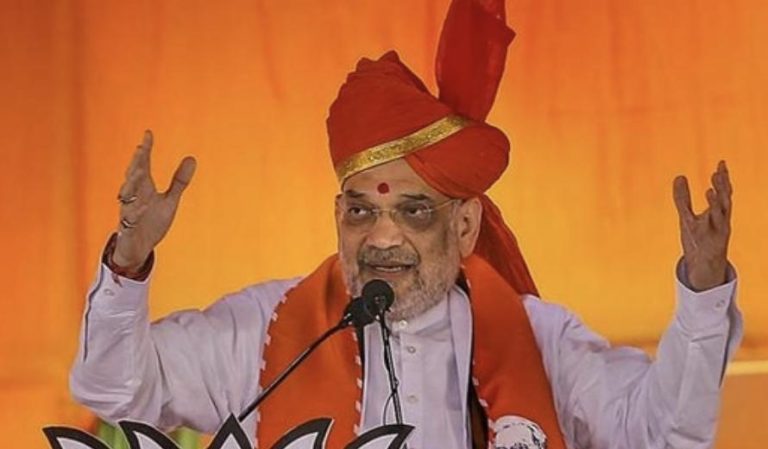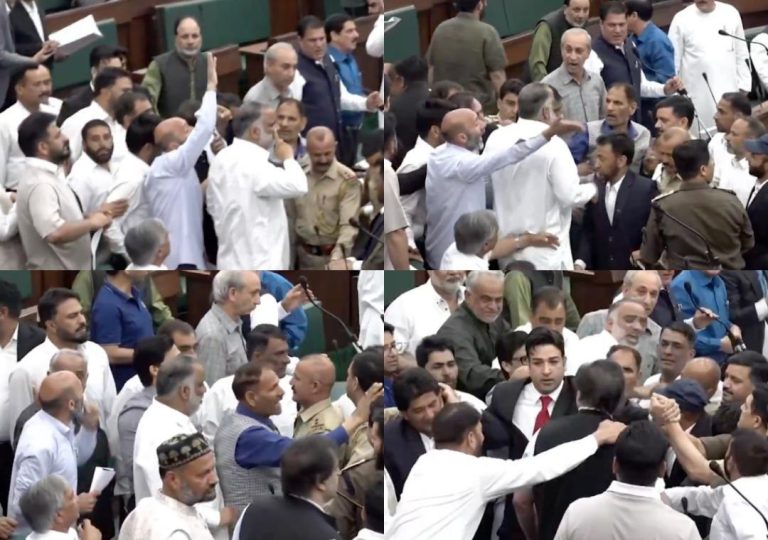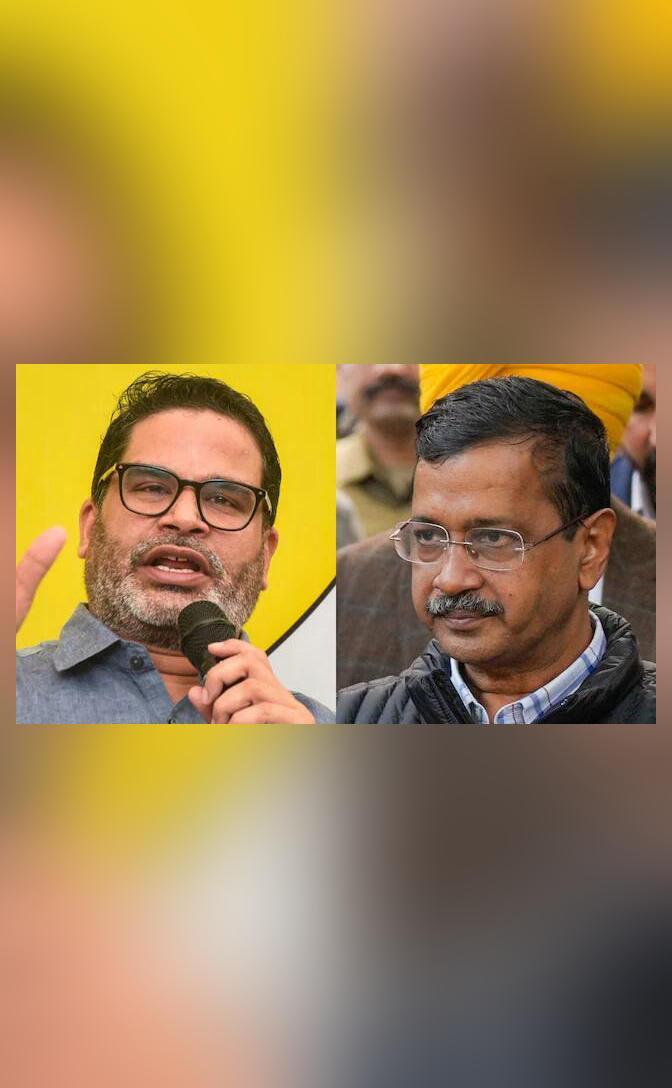
Prashant Kishor Lists Reasons Why Kejriwal & AAP Lost in Delhi Elections
The recent Delhi Assembly elections saw a major upset as the Aam Aadmi Party (AAP) led by Arvind Kejriwal failed to win a majority of seats, losing power in the national capital. The defeat has left many wondering what went wrong for the party, which had been in power for three consecutive terms. Prashant Kishor, a politician and former political strategist, has weighed in on the reasons behind AAP’s defeat, citing several key factors that contributed to their loss.
In an interview with News18, Kishor said that Kejriwal’s decision to resign as Delhi Chief Minister after being granted bail in the liquor policy case was a “big strategic mistake”. According to Kishor, this move not only undermined Kejriwal’s credibility but also gave his opponents a chance to launch a fresh attack on him.
“Kejriwal resigned after being granted bail, not after being arrested. This made people question his integrity and honesty. If he had resigned after being arrested, it would have been a different story,” Kishor said.
Kishor also pointed out that the 10-year anti-incumbency factor played a significant role in AAP’s defeat. He said that the party had been in power for a long time, and people were looking for a change. “The 10-year anti-incumbency factor was a major factor in AAP’s defeat. People were tired of the same government and wanted a change,” he explained.
Another factor that Kishor cited as a reason for AAP’s defeat was Kejriwal’s fluctuating stance on joining the INDI Alliance. According to Kishor, Kejriwal’s decision to join and then exit the alliance hurt his credibility and made it difficult for him to regain the trust of the people.
“Kejriwal’s fluctuating stance on INDI Alliance was a major issue for AAP. It showed that he was willing to compromise on his principles for power, which damaged his credibility,” Kishor said.
Kishor also pointed out that AAP’s failure to address the concerns of its traditional voters was another major factor in their defeat. According to him, the party failed to deliver on its promises, especially on issues like unemployment, healthcare, and education.
“AAP’s failure to address the concerns of its traditional voters was a major factor in their defeat. The party had promised to deliver on several issues, but it failed to do so, which led to widespread disappointment,” Kishor said.
Kishor also said that AAP’s over-reliance on Kejriwal’s charisma was another factor that contributed to their defeat. According to him, the party’s dependence on Kejriwal’s popularity and persona made it difficult for other leaders to emerge and take on a more prominent role.
“AAP’s over-reliance on Kejriwal’s charisma was a major issue. The party’s dependence on him made it difficult for other leaders to emerge and take on a more prominent role, which limited the party’s growth and development,” Kishor said.
Kishor also pointed out that AAP’s failure to expand its base beyond its traditional strongholds was another major factor in their defeat. According to him, the party’s failure to connect with new voters and win their support was a major setback.
“AAP’s failure to expand its base beyond its traditional strongholds was a major issue. The party failed to connect with new voters and win their support, which limited its growth and development,” Kishor said.
In conclusion, Kishor said that AAP’s defeat in the Delhi Assembly elections was a result of a combination of factors, including Kejriwal’s resignation, the 10-year anti-incumbency factor, the party’s fluctuating stance on INDI Alliance, failure to address the concerns of traditional voters, over-reliance on Kejriwal’s charisma, and failure to expand its base.
“AAP’s defeat was a result of a combination of factors. The party needs to introspect and learn from its mistakes to bounce back and regain power,” Kishor said.
